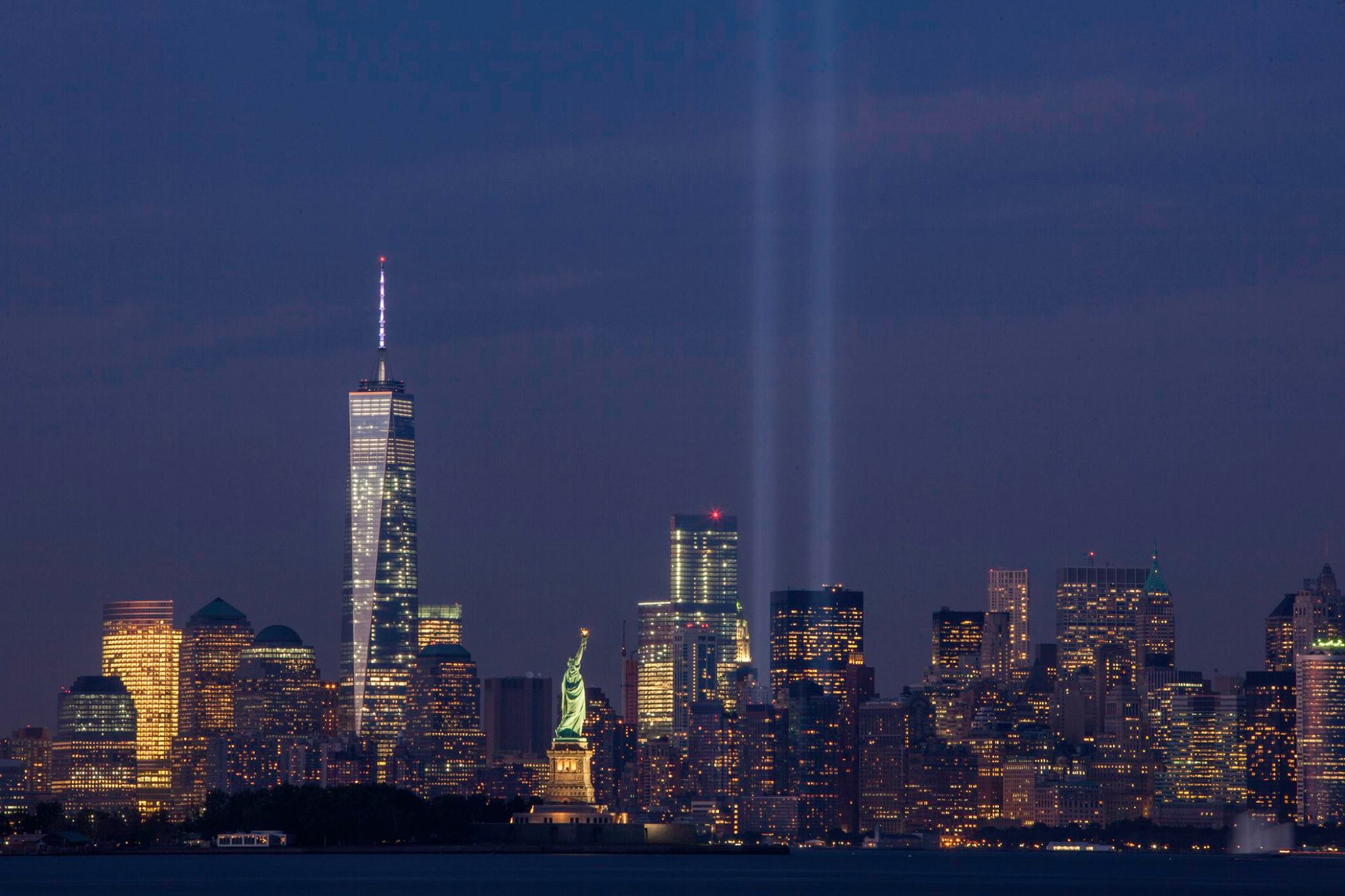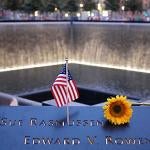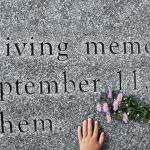9/11 Terrorist Attacks Lawsuit
(ClassAction.com is no longer accepting clients for this lawsuit. However, if you you lived, worked, or studied south of Manhattan’s Canal Street from September 11, 2001 to May 31, 2002 and were diagnosed with a respiratory illness or cancer, you may be eligible for compensation under the 9/11 Victims Compensation Fund.)
9/11 Victims Compensation Fund
In September 2016, Congress blocked Obama’s veto to approve the Justice Against Sponsors of Terrorism Act (JASTA)—an historic move that allows victims of terrorist acts that occurred on U.S. soil to sue the foreign governments responsible. The law upturns decades of foreign sovereign immunity policy.
Opponents of the bill argue that JASTA makes the U.S. vulnerable to foreign retaliation and litigation. However, with Saudi Arabia as the main target for 9/11 litigation (as 15 of the 19 hijackers were from Saudi Arabia), concerns are also financially driven. Companies like General Electric and Chevron opposed the bill, fearing the security of their assets abroad, and Saudi Arabia made empty threats that they would pull their U.S. assets should JASTA pass.
“If the Saudis did nothing wrong, they should not fear this legislation.”
JASTA supporters look past economic and foreign relations, instead emphasizing that opening the courts of justice to victims is most important. Senator Charles Schumer (D – NY) said, “If the Saudis did nothing wrong, they should not fear this legislation.”
U.S. Government Established Compensation Funds to Minimize Lawsuits
Immediately after 9/11, the U.S. Government established the 9/11 Victim Compensation Fund, awarding $7 billion to victims and their families. In 2010, it was reopened as the Zadroga Act to support victims who suffered health complications after the first fund was closed.
These funds were unique; victims of other terrorist attacks like the Oklahoma City Bombing did not receive compensation from the government. The unprecedented move though was not entirely selfless. In order to receive these payments, victims had to agree not to sue airlines for the attack—thus helping to keep the airline industry afloat at a crucial time.
Airlines Paid Hundreds of Millions in 9/11 Lawsuits
 Though the Victim Compensation Fund minimized 9/11 litigation against the airlines, it didn’t eliminate lawsuits altogether. Some families chose to file individual complaints. Nearly 100 lawsuits were filed on behalf of deceased and injured victims.
Though the Victim Compensation Fund minimized 9/11 litigation against the airlines, it didn’t eliminate lawsuits altogether. Some families chose to file individual complaints. Nearly 100 lawsuits were filed on behalf of deceased and injured victims.
Property developer Larry Silverstein received one of the largest settlements after the disaster: $4.1 billion from property insurers. Though he tried to follow this by suing the airline companies, claiming that the money would be used to build the new World Trade Center, this was rejected in court.
Cantor Fitzgerald was able to hold airlines accountable for negligence though. In 2013, the financial services firm received a $135 million settlement from American Airlines for business and property damages. Cantor Fitzgerald, who occupied the top floors of One World Trade Center, lost 658 of their 960 Manhattan employees in the disaster. (For more on 9/11's impact on businesses, refer to ClassAction.com's infographic.)
9/11 Widow Files First Lawsuit Against Saudi Arabia
Now that JASTA allows victims to sue Saudi Arabia, 9/11 litigation isn’t expected to end anytime soon. Stephanie DeSimone, a 9/11 widow, was the first to file a lawsuit against Saudi Arabia. She was two months pregnant when she lost her husband in the 9/11 attacks.
The lawsuit claims that the Kingdom was aware of al Qaeda’s plans and that without their support, the terrorist group would have not have been able to execute the September 11th attacks. It references Saudi government agents Omar Ahmad Mustafa Al-Baioomi and Osama Yousef Basnan who allegedly helped relocate two of the hijackers to San Diego. The lawsuit also details incidents of Saudi government officials funneling money from Saudi embassy accounts to charities that supported al Qaeda members.
The lawsuit seeks an undisclosed amount in damages for the “severe and permanent personal injuries” she and her daughter have suffered because of the attacks.
JASTA Gives 14-Year-Old Class Action a Green Light
"We’re not putting anybody except those guilty people who need to be held accountable at risk; those are the only people."
A 14-year-old class action lawsuit filed by victims' families against the 9/11 hijackers and the parties that supported them faced many hurdles until JASTA was passed. In Burnett et al v. Islamic Republic of Iran et al, plaintiffs like Alison Crowther are primarily concerned with justice and preventing future acts of terror, like those that claimed their loved ones.
Mrs. Crowther lost her son Welles Crowther in the attacks. Instead of saving himself, the volunteer firefighter / investment banker rescued at least eight lives before the towers collapsed, killing him.
An advocate for JASTA, Mrs. Crowther addressed its critics in a lohud interview, explaining that the bill is narrow enough in scope to only affect the guilty.
"We’re not putting anybody except those guilty people who need to be held accountable at risk; those are the only people."
Victims and Families File Class Action Against Saudi Arabia
On March 20, 2017, 1,500 injured survivors and 850 family members of 9/11 victims filed a class action lawsuit against the Kingdom of Saudi Arabia.
The complaint alleges that Saudi Arabia knowingly provided material support to al Qaeda and facilitated the September 11th attacks.
The complaint alleges that Saudi Arabia “knowingly provided material support and resources to the al Qaeda terrorist organization and facilitating the September 11th Attacks.” It alleges that the Kingdom provided this material largely through state-run charities that made substantial contributions to al Qaeda. They are also accused of funding al Qaeda training camps in Afghanistan where hijackers learned the skills they used to carry out the 9/11 attacks.
Plaintiffs allege that Saudi Arabia knew well before the attacks that many of their officials and employees were al Qaeda operatives or sympathizers, and that they were also aware of al Qaeda's plans to attack the U.S.
Lawsuit Allegations
The first lawsuits filed against Saudi Arabia allege the following:
- Saudi Arabia willingly provided material support to al Qaeda for more than a decade leading up to September 11, 2001.
- Saudi Arabia was aware of al Qaeda’s intent to use their support to conduct terrorist attacks against the United States.
- Without Saudi Arabia’s support, al Qaeda would have not possessed the ability to conceive, plan, and execute the September 11th attacks.
ClassAction.com Fights on Behalf of Americans Like You
ClassAction.com is no longer accepting clients for this lawsuit. However, if you lived, worked, or studied south of Manhattan’s Canal Street from September 11, 2001 to May 31, 2002 and were diagnosed with a respiratory illness or cancer, you may be eligible for compensation under the 9/11 Victims Compensation Fund. Contact us for a free, no-obligation case review.
Did you find what you need?





